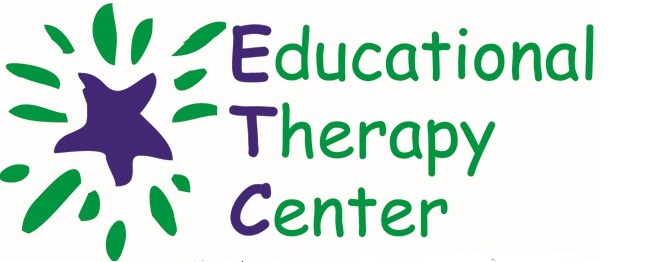VOCABULARY
Put simply, vocabulary is knowledge of words and the meanings of words. For young children, vocabulary often means “sight words” — words that should be easily and quickly recognized beginning readers.
For older students, vocabulary often means nearly the opposite: “hard words” that students must know to be able to read increasingly demanding texts with comprehension.
A broad and deep vocabulary increases the ability to read, comprehend and write well.
Words and their meanings need to be taught both directly and indirectly, using several methods.
These include:
- Direct instruction of target words
- Instruction of target words in context
- Student-friendly definitions
- Multiple exposures to target words
Vocabulary instruction should make a person think about word meanings along with their relationship to other words and how they are used in a variety of situations. Teaching commonly used prefixes, roots, and suffixes will increase a student’s vocabulary in dramatic ways. Research tells us that vocabulary instruction does lead to reading comprehension gains but this instruction needs to be done at the level appropriate to the learner.
If a reader encounters a word that is in their oral vocabulary, the reader will be able to understand it is printed text. If a reader encounters a word he has never seen or heard, then he must use other methods to determine the meaning of the word. The larger a vocabulary the reader has, the easier it is to make sense of text.



